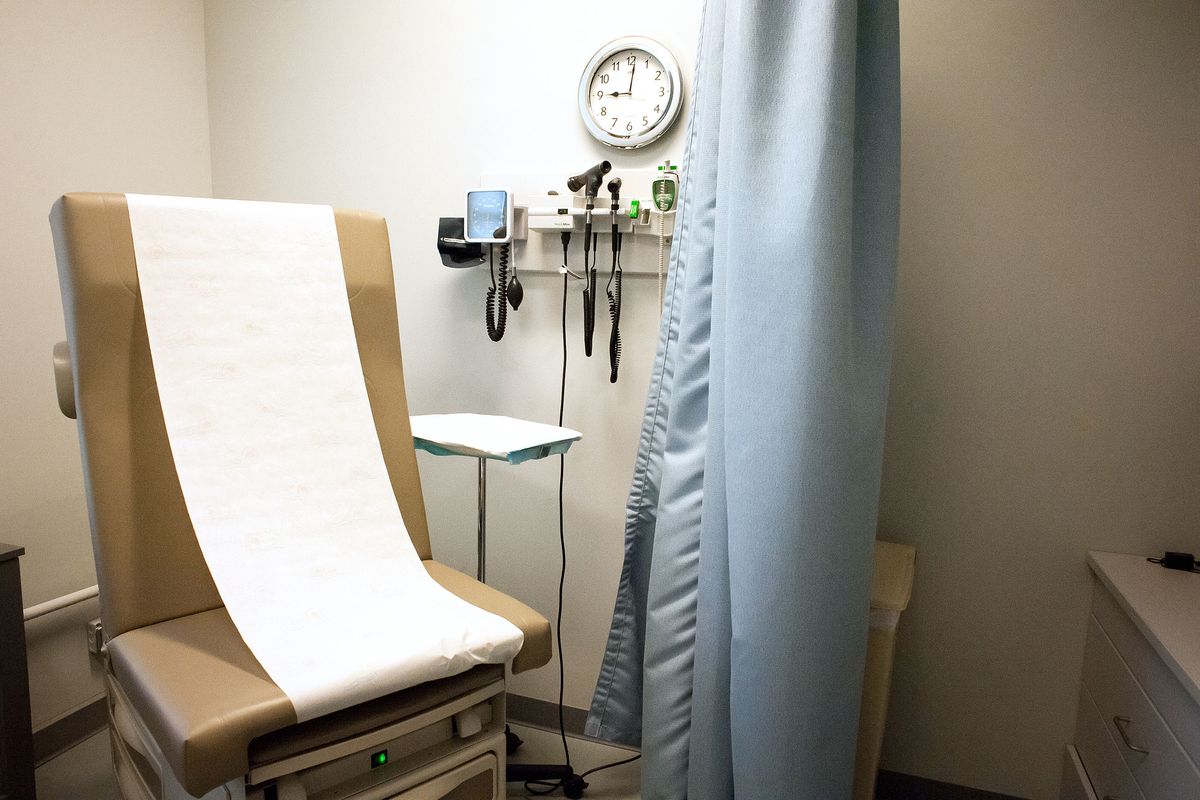
NEW YORK – Health plan premiums for some in Obamacare will surge and the federal deficit will increase by almost $200 billion over a decade if President Donald Trump follows through on a threat to halt certain insurance subsidies under the law, the Congressional Budget Office said Tuesday.
The CBO, which provides nonpartisan analysis of federal policy issues for lawmakers, released the report Tuesday after the Trump administration made repeated threats to stop paying cost-sharing reduction subsidies under Obamacare. The payments go to insurers, and are used to help reduce out-of-pocket costs for poorer Americans in the program.
Stopping the payments would have several effects, CBO said. Premiums for mid-level Obamacare plans – known as “silver” – would rise by 20 percent next year, and by about 25 percent in 2020, the agency said. The CBO also estimated that the federal deficit would rise by $194 billion over the next decade – because the government would subsidize those increased premiums.
The payments have become a flashpoint in the political fight over Obamacare after Republicans in Congress failed to repeal or replace the law this year. They’re also at the center of a legal battle: In 2014, Republicans sued to stop the subsidies, saying they weren’t authorized. The Trump administration has inherited an appeal of the case, and has threatened to cut off the payments. Lawmakers, insurers and regulators have called on the administration to continue them.
No final decision has been made on the payments, Ninio Fetalvo, a White House spokesman, said in an email.
“We continue to evaluate the issues,” Fetalvo said.
Also on Tuesday, health insurer Centene Corp. said it will dramatically expand in Nevada, an encouraging sign for Obamacare’s supporters. Centene will be filling in rural counties that were at risk of having no options next year, leaving just two counties nationwide that may have no Obamacare insurers – known as “bare” counties. Many of Centene’s rivals have pulled back from the ACA, citing financial losses and uncertainty about how the Trump administration will run the health law’s markets.
The impact from the dispute over the cost-sharing payments is already making its way into 2018 premiums. New York insurers are boosting premiums by an extra 0.6 percent on average to account for the potential end of the subsidies, the state Department of Financial Services said on Tuesday. California regulators said earlier this month they’d let insurers boost rates for mid-level plans an extra 12.4 percent if the Trump administration ends the cost-sharing subsidies.
High premiums
Echoing previous comments from the president, who has referred to the cost-sharing subsidies as a “bailout,” White House spokesman Fetalvo said the health law will continue to fail with or without them, and must be repealed and replaced.
For now the ruling in the legal case over the subsidies is on hold pending a decision on an appeal started by the Obama administration, which has been handed over to Trump’s White House.
The current administration’s stance is that it could drop the case – and stop making the payments – at any point. However, a judge has ruled that a group of states can take up the legal defense, potentially making it harder for the Trump administration to end them. Congress could also pass legislation saying the payments should be made.
Zachary Tracer is a reporter for Bloomberg news.












